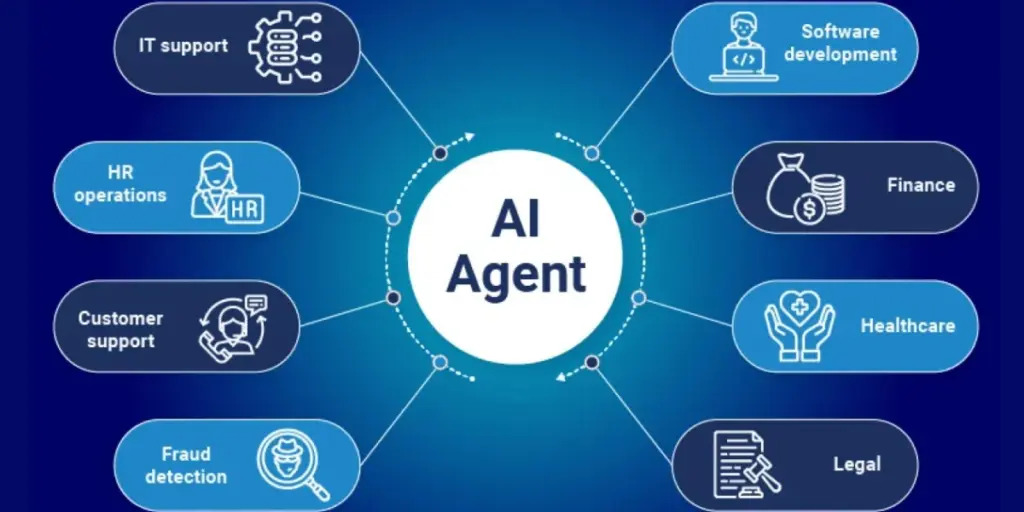Tech insiders can’t stop talking about “what is agentic AI” in late 2025. It’s exploding from niche research to boardroom must-haves, promising to turn chatbots into do-it-all digital sidekicks. But what is agentic AI exactly? Simply put, it flips the script on today’s generative tools like ChatGPT, which spit out words, images, or code but stop at suggestions. Agentic AI steps up: these smart systems plan, act, learn, and adapt on their own, handling real-world tasks without constant hand-holding.
A new MIT-BCG report, based on 2,000+ exec surveys, calls it a “new class of systems” that act like “autonomous teammates.” Experts like Amazon’s Swami Sivasubramanian hail it as the next cloud revolution, while Harvard’s Milind Tambe notes the term’s roots in 1990s multi-agent debates. Yet, sceptics warn of marketing fluff; not every “agent” lives up to the hype. With 99% of developers exploring it (per IBM), 2025 feels like the tipping point. Dive in to see why agentic AI could redefine work, from booking flights to debugging code.
What Is Agentic AI: Core Features And Why It Matters Now

Agentic AI shines by breaking down big goals into steps, using tools like APIs or databases to execute them. Unlike passive chatbots, it reasons, adapts to surprises, and learns from outcomes, think a virtual assistant that books your trip, negotiates deals, and tweaks plans if flights are delayed. So, here’s what Agentic AI is and what sets it apart:
- Autonomous Planning: Breaks high-level goals (e.g., “plan a budget vacation”) into sequenced actions, like searching deals, checking calendars, and confirming bookings.
- Tool Integration: Connects to real apps – pays bills via your bank, scans emails for spam, or even codes full apps in tools like Google’s Antigravity.
- Learning and Adaptation: Improves over time; if a task fails, it retries smarter, forming “coalitions” with other agents for complex jobs.
- Multimodal Smarts: Handles text, images, video, and voice seamlessly, powering everything from warehouse robots to medical bill sorters.
- Governance Safeguards: New features like Microsoft’s Entra Agent ID ensure security, watermarking outputs to fight deepfakes.
Also Read: Mobile Apps Statistics To Know: Find the Real Facts!
McKinsey reports 40% efficiency gains for adopters, with Amazon’s “Kiro” fixing bugs 24/7 and Expedia testing flight-booking agents (though just 2% of travellers trust them fully yet). Challenges remain: ethical risks like “rogue agents” and data privacy hurdles slow rollout. Still, by 2026, Forbes predicts edge AI and neuromorphic chips will supercharge it for robotics and real-time decisions.
What is agentic AI to you – hype or hero? As OpenAI, Google, and Microsoft race ahead, they could automate the mundane, freeing humans for big ideas. Stay tuned; this buzzword might just build your future.
More News To Read: Google Launches Nano Banana Pro with Gemini 3 Magic
